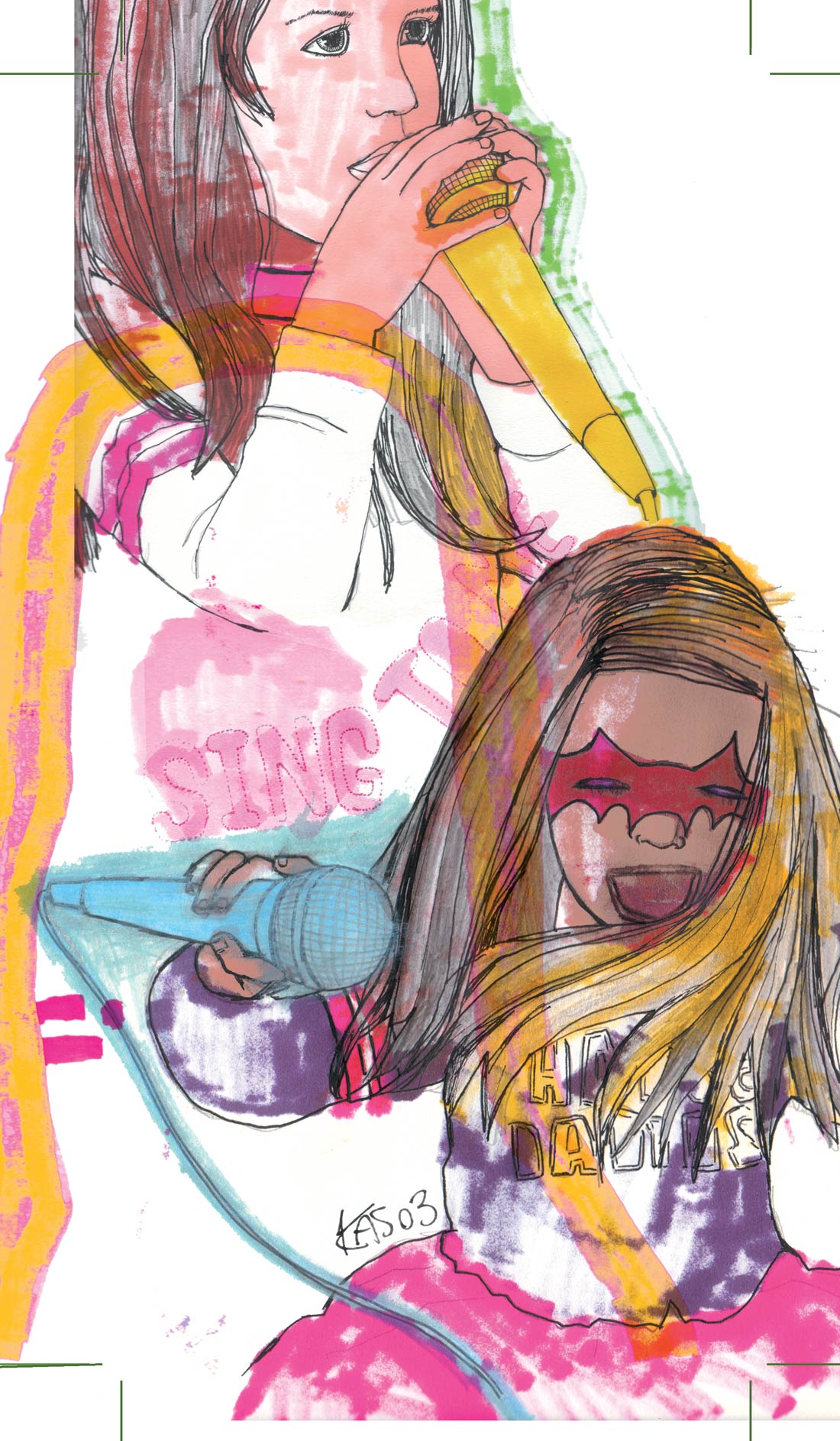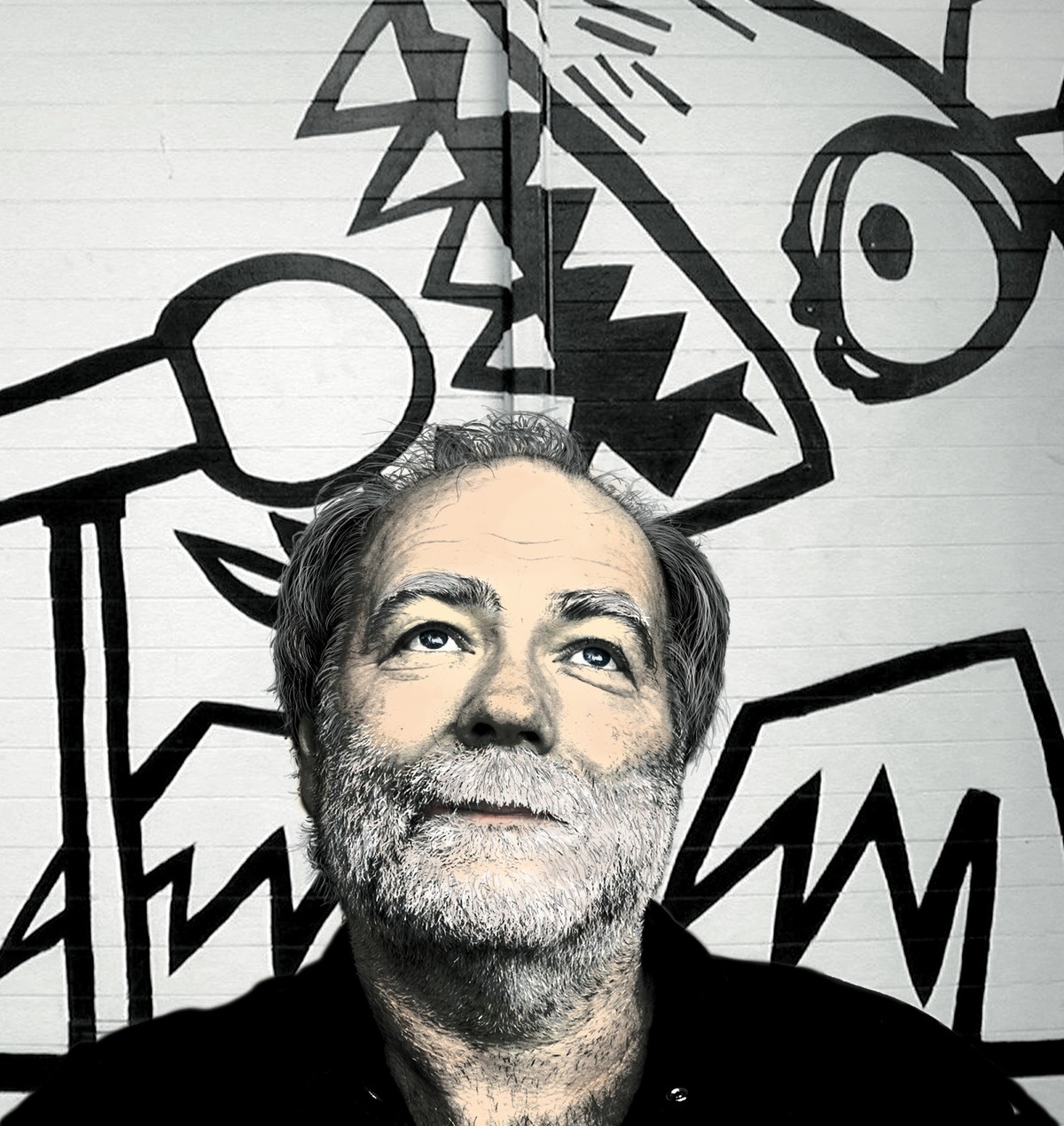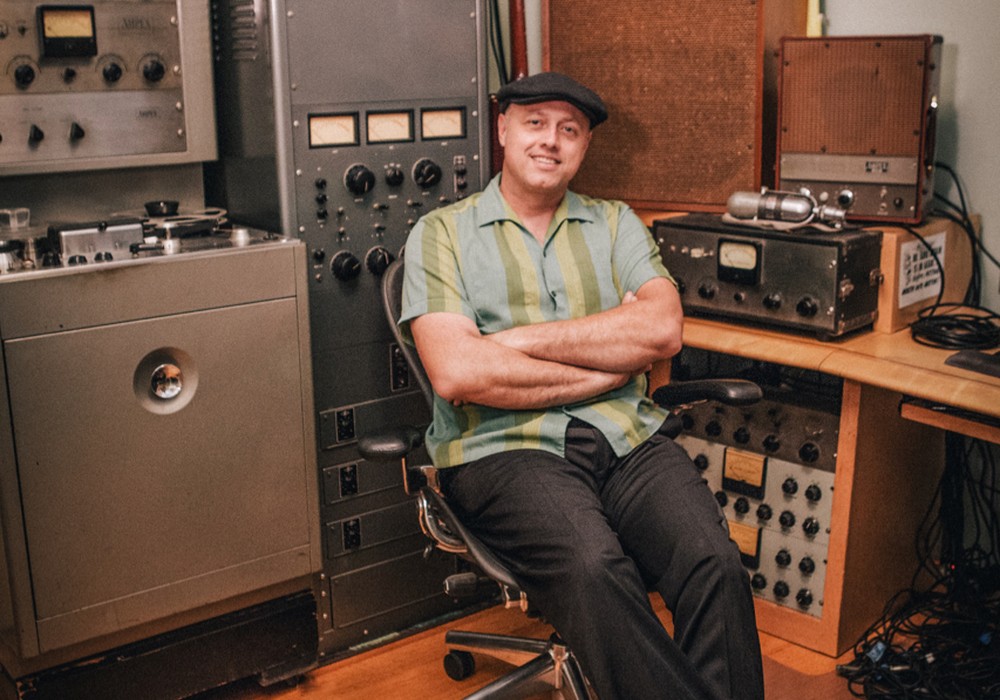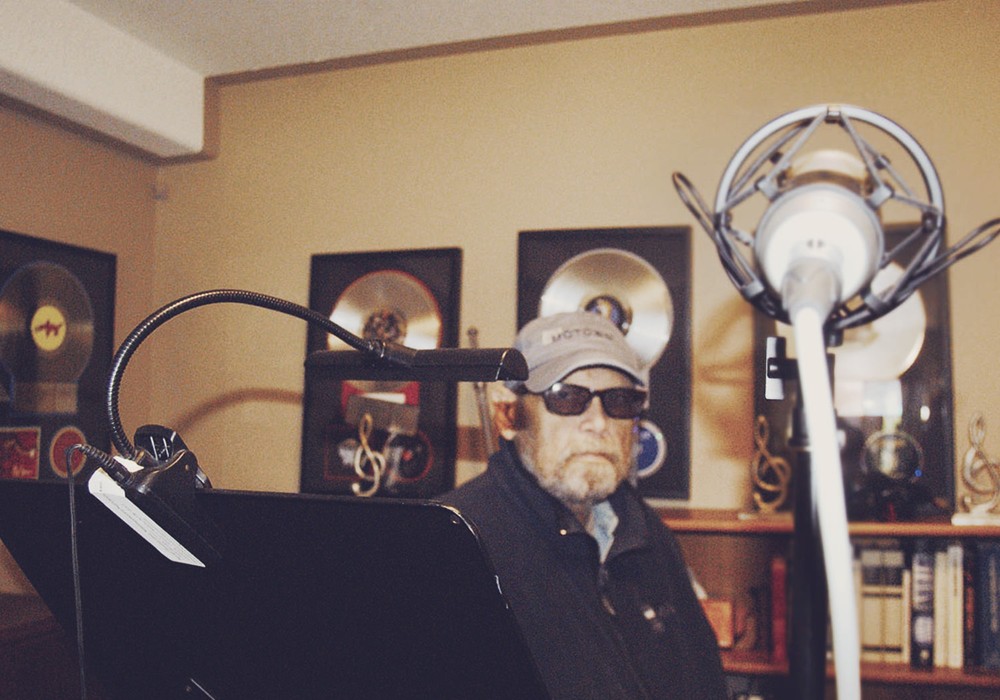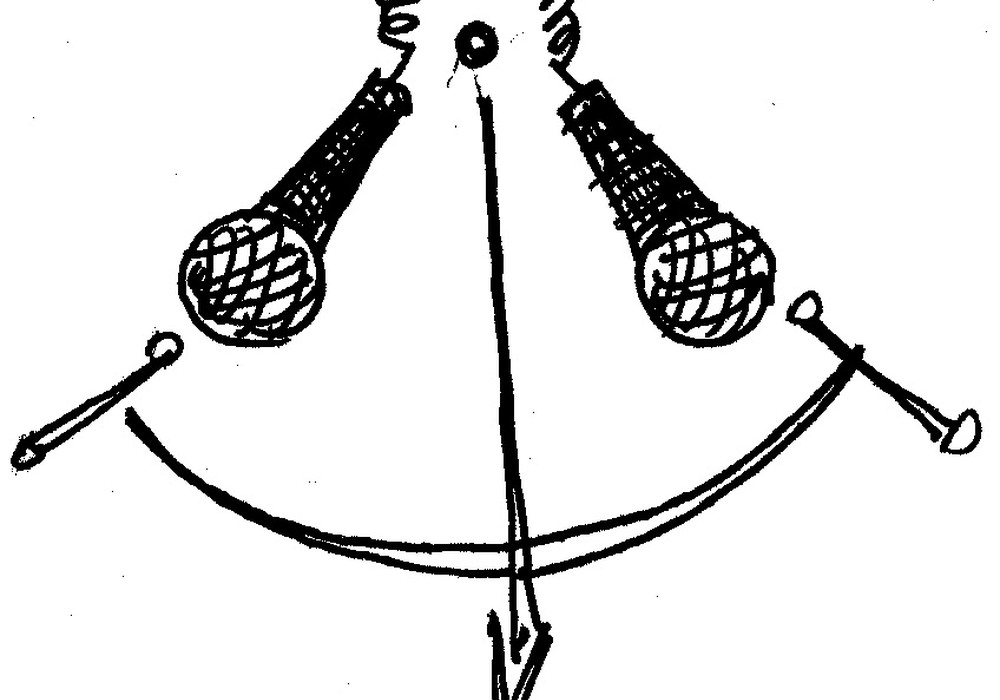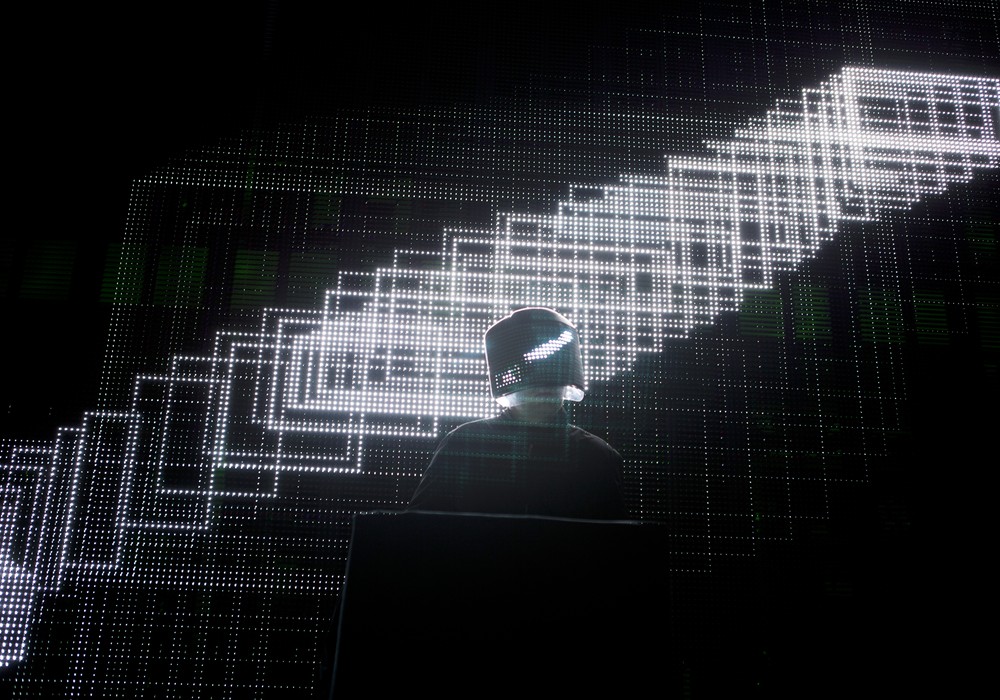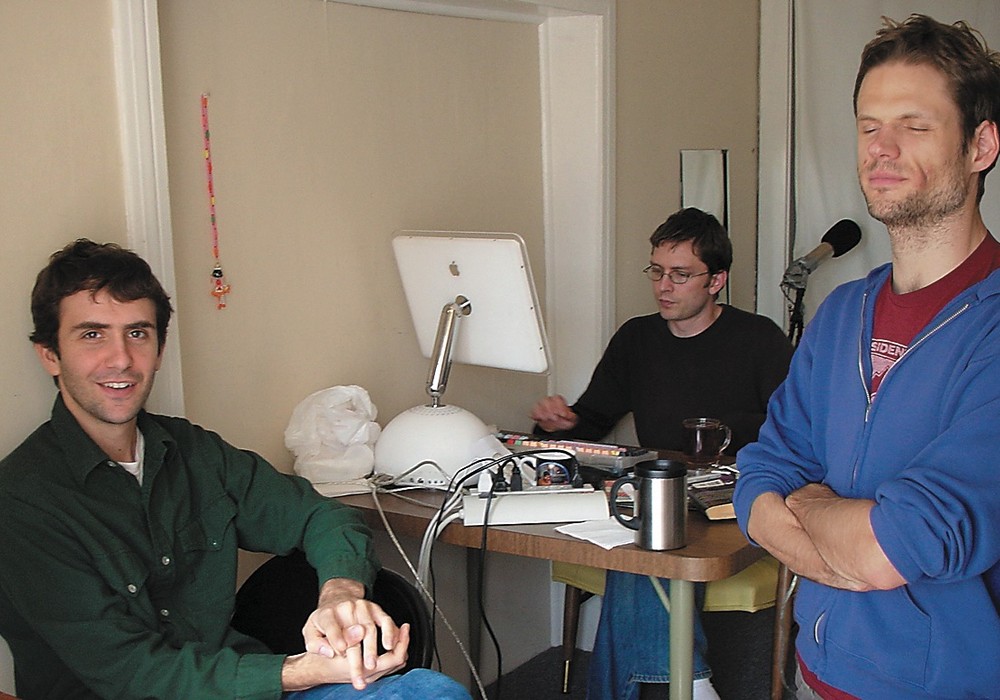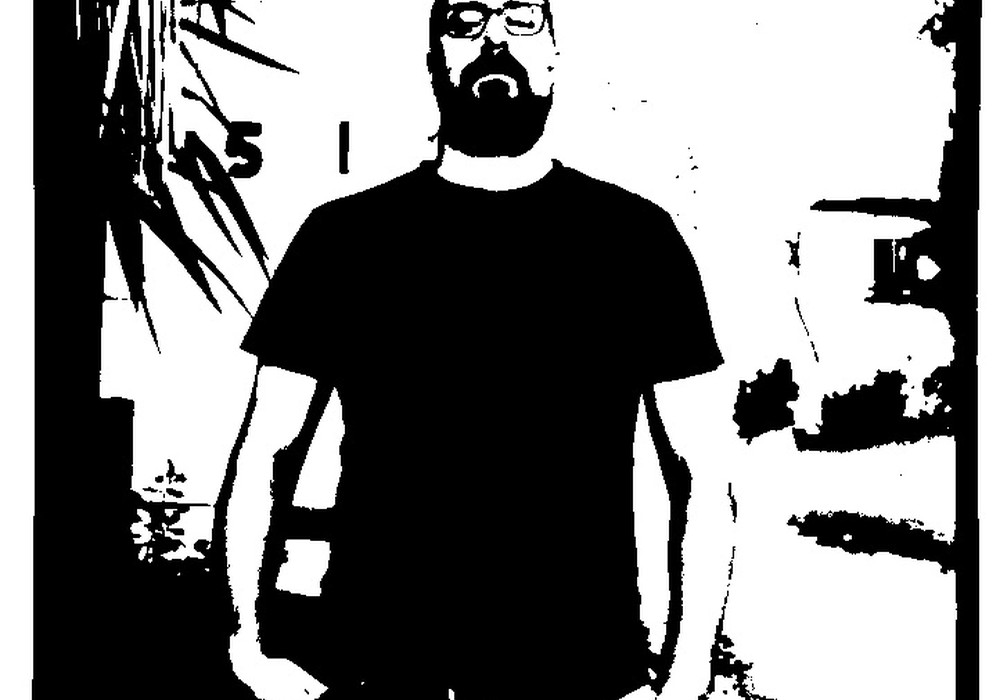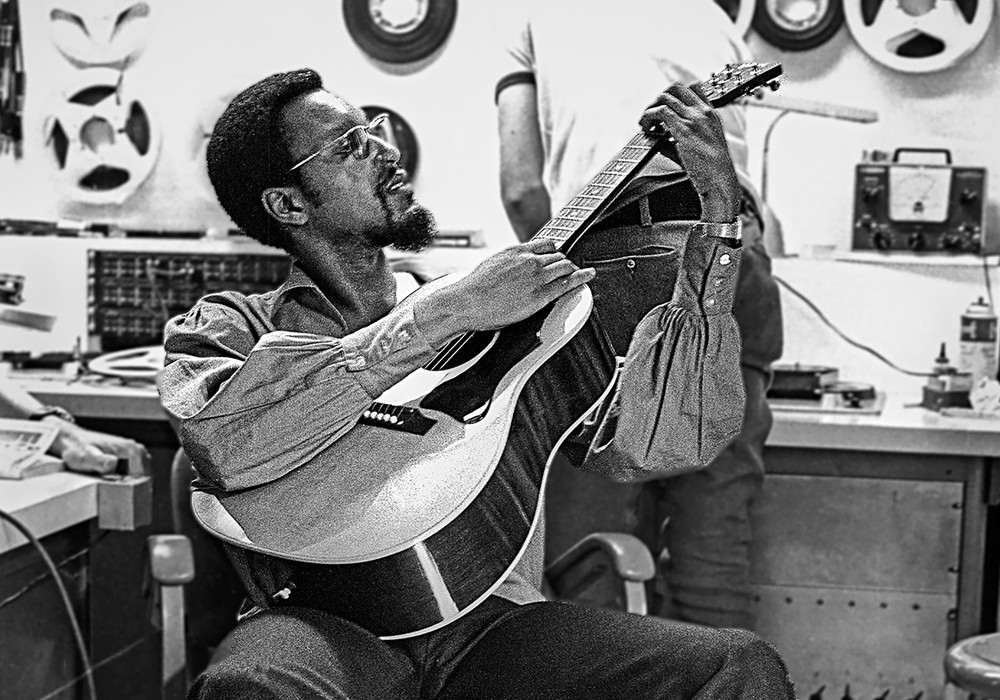Howard Johnston is the co-owner and chief engineer of Different Fur Studio, tucked away in the once ignored, now ultra hip dot-com Inner Mission of San Francisco. In business for over 25 years, Howard has worked with a dizzying array of musicians including The Residents, Stevie Wonder, James Taylor, Bill Frisell, Brian Eno [Tape Op #85] and David Byrne [#79] (on My Life In The Bush Of Ghosts), Devo, Stan Getz, Herbie Hancock (on the classic Headhunters), Too $hort, Sir Douglas Quintet and Snakefinger. He's even done movie soundtracks, including Apocalypse Now. We talked to Howard between afternoon and evening sessions on a hot Friday, discussing when to offer the benefit of one's experience, "best time" and avoiding dinosaur-hood.
What's it mean to be a good engineer?
We once had a guy in here who did disco mixes and he asked me if I'd rather be known as a good engineer or as a lucky engineer. At the time I was thinking I'd rather be known as a good engineer. His point of view was maybe being a lucky engineer is how you want to be known. People will work with you if they know that things go right, things happen and fall into place. Certainly chance favors the prepared mind. Everybody wants to be respected for their ability, but in certain situations the element of luck or chance comes forward. You can see it and go with it and fight everything else inside you that's saying, "That's not what you should be doing."
Are you lucky?
I come at music as a listener as opposed to be being a musician. I don't know if that changes how I look at things. My goal is to help people accomplish. I have specific things in mind, I have ideas, but I realize that without a musician there's nothing there for me to record. So I'm there to make things happen. I learned early on that if you can create an environment where people feel creative or feel good, they'll do better things and consequently you get congratulations. So, if you've created the environment where people can do better, feel comfortable and make better music, that's step one in good engineering.
Almost like you're a midwife...
In my way, that's very fair. Nowadays, when people come into the studio, everybody rolls up their sleeves and pitches in. If you've seen enough music you start to have opinions about things. Everybody gets very collaborative now. But the midwife scenario works better for how it was when I started. I've seen a lot of engineers who were frustrated musicians who couldn't isolate the fact that it was somebody else's project. They were always trying to take it over musically. I don't see that today. There's a lot of musicians who are engineers but I'm always clearly aware whose project it is. Fundamentally, when the musician goes home there's no pressure on them, no expectations and nobody's telling them anything. And they sit down and listen to what they've done... they have to feel good with it. And you've won if that's what happens.
Has the popularity of home recording altered the way you work?
Oh yeah. I like that. We get everybody's best time now. Like there was a time when a group came in and they had a month lockout. The first three days, they just got drum sounds. The session drummer didn't even sit down at the drums till Wednesday evening. The first days were tuning. It's ridiculous, it's almost unbelievable, to think that somebody would come in and for three days just listen to drums. That the actual session drummer wouldn't even sit down till the end of the third day. That's just tuning, picking toms and stuff like that. So, we get people's best time now and people bring us stuff and it's more final, it's in more finished shape.
What do you mean by "best time"?
There's a lot of decision making, a lot of musical crises people go through deciding what they're going to play, how they're going to play it, what idea works, and I always enjoyed being part of that. But when I say people's best time... we're looking more now at the end of the process than the beginning or middle. I personally miss some of that. When I started out we'd start a project and finish it. Now we do a lot of finishing of projects. We'll get projects in the middle, or we'll even start projects and they'll move on to somewhere else. We do a lot of acoustic recording where we'll actually do it from start to finish. But a lot of people will start it, take it home and bring it back and finish it. But there aren't enough studios in the world to accommodate all the music that's being made. So, instead of looking at it like well, "people...
